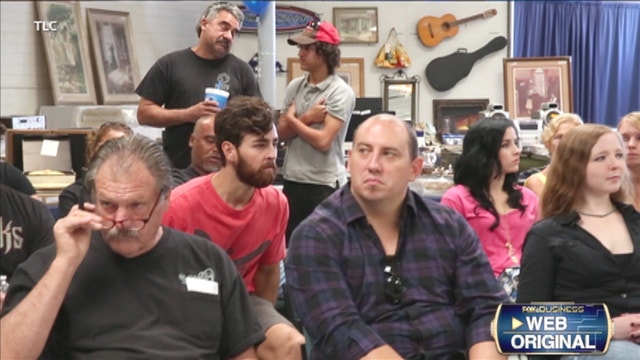‘Auctioneer’ Walks Away from Reality TV to Focus on Business Growth
Business owners like Buddy Valastro of “Cake Boss” (Carlo’s Bakery) and more recently the Robertson Clan of “Duck Dynasty” have seen their companies flourish from stints on wildly-popular reality television shows. But Deb Weidenhamer decided the small-screen wasn’t a win for her business.
After two years on TLC’s “Auctioneer$,” Weidenhamer and the company she founded 18 years ago, Auction Systems, walked away from TV. But the move hardly hurt her image, as Weidenhamer has owned a spot on the Inc. 500 list of the fastest-growing U.S. companies for the past decade.
“It was great for business,” Weidenhamer says of the television exposure from the show. “The clients loved it and everyone wanted a chance to be on TV and have their items featured there. But from a logistics standpoint, doing business and having a TV show is really challenging. There is no reality in reality TV.”
The show wound up getting in the way of Auction Systems’ business growth and brought in the wrong type of clientele, she says. But it was a risk worth taking, just like the leap of faith she and her husband took years earlier in starting the business.
While Weidenhamer had a successful career in mergers and acquisitions, she ran into a long-time auctioneer on a plane while commuting home between San Francisco and Phoenix. He told her about the ins and outs of the business, and in a few hours, she says she was hooked.
“I was completely intrigued,” she says. “I didn’t know much about auctions, but it’s a $270 billion industry run by a lot of mom-and-pop firms. I saw so much potential, and one month later, I resigned and enrolled in auction school.”
Today, the Phoenix-based company mixes both online and in-person auctions via its simulcast technology, and Weidenhamer has a front-row seat to the way the commerce world is evolving. Auction Systems has a little over 200 employees, and has grown into a $140 million business. The company works across industries from real-estate agencies, to microbrewers to tech firms, to help them sell inventory in a unique way.
Auctions are more open and competitive than traditional retail shopping, Weidenhamer says, which is why the company is continuing to grow. But she doesn’t plan on going completely virtual, like EBay, anytime soon.
“Auctions are so transparent,” she says. “Clients see the product bidding pricing directly to today’s sellers and consumers. I think people get so boxed into a pricing structure by big box retailers, that seems competitive but really isn’t. I think they change the way you make purchasing decisions—it’s really market value.”




















